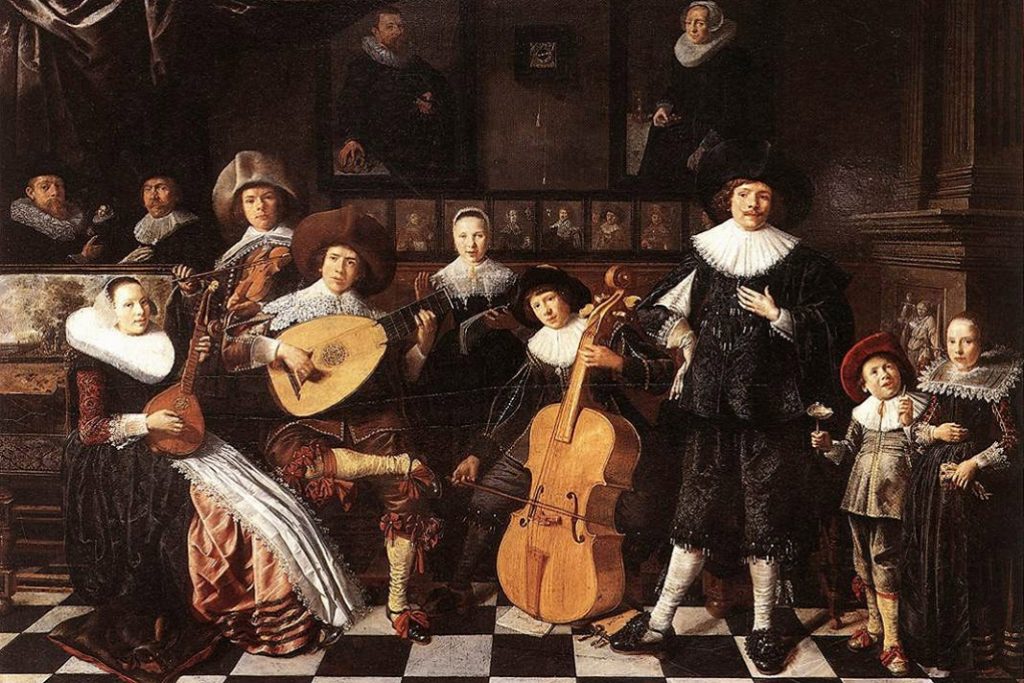Portuguese music is a reflection of the country’s rich history and culture, with influences dating back centuries. From medieval sacred music to Fado, and from Rock to Pop, Portuguese music has an impressive diversity.
Middle Ages and Renaissance (12th-16th centuries)
Medieval Portuguese music was heavily influenced by sacred Catholic music, with composers such as Duarte Lobo and Manuel Cardoso creating sacred and liturgical works. Additionally, troubadour music played an important role, with troubadours like D. Dinis and D. Afonso Sanches creating songs of love and chivalry.
Baroque and Classicism (17th-18th centuries)
In the 17th century, Portuguese music was influenced by the Baroque style, with composers such as João Rodrigues Esteves and Francisco António de Almeida creating complex and ornate works. Later, Classicism brought composers like Marcos Portugal, who created operas and instrumental music.
Fado (19th century)
Fado is a typically Portuguese music style that emerged in the 19th century in Lisbon. It is characterized by melancholic melodies and lyrics that speak of longing, love, and loss. Amália Rodrigues is considered the queen of Fado, with her emotional and expressive interpretations.
Portuguese Popular Music (20th century)
In the 20th century, Portuguese popular music began to develop with artists such as José Afonso and Sérgio Godinho, who mixed folk elements with popular music. The music intervention movement, led by José Afonso, sought to create music that reflected the social and political reality of the country.
Rock and Pop (20th-21st centuries)
In the 80s and 90s, Portuguese Rock and Pop gained strength with bands like UHF, Xutos & Pontapés, and David Fonseca. These artists helped establish contemporary Portuguese music and paved the way for new generations of musicians.
Present Day (21st century)
Today, Portuguese music is diverse, with artists who mix traditional styles with international influences. Some examples include:
- Mariza: one of the leading voices of contemporary Fado
- Ana Moura: one of the leading female Fado artists
- Salvador Sobral: winner of the Eurovision Song Contest in 2017
- Best Youth: an indie rock band that blends Portuguese influences with international sounds
This is an overview of the history of Portuguese music. Each period and style has its own richness and diversity, and there is much more to explore and discover. Write in the comments if you would like to know much more!





